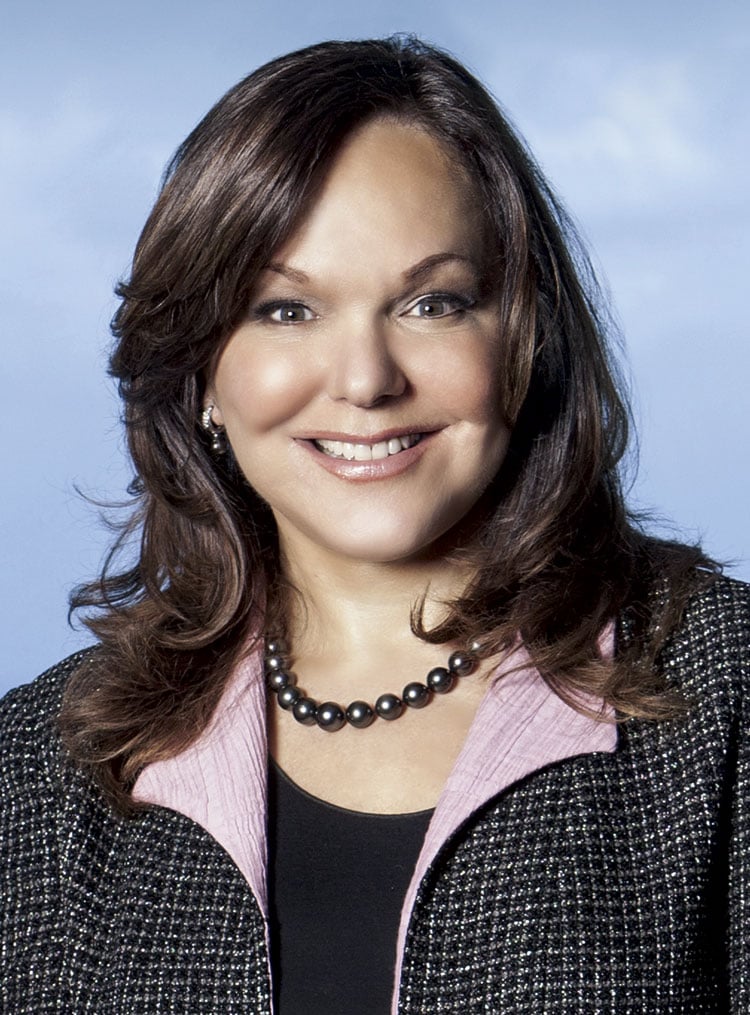ABA works to address attorney substance use and mental health disorders

Photo of Hilarie Bass courtesy of the Office of the President
In December, our thoughts turn to the holidays. For most, it is a joyous time, full of parties and quality time with family. But for many, this time of year is a reminder of those friends and colleagues that have been lost due to depression or addiction problems. There are few legal communities across this country that don’t have an example of a wonderful lawyer who is currently suffering through these issues, and we all know that stress brought on by holidays can exacerbate their problems.
Sadly, too many lawyers and law students experience chronic stress and high rates of depression and substance use. Studies show attorneys experience problematic drinking at a much higher rate than other populations. Depression, anxiety and stress are also significant problems in the legal community.
A landmark 2016 study conducted by the Hazelden Betty Ford Foundation and the American Bar Association Commission on Lawyer Assistance Programs (CoLAP) found that 21 percent of licensed, employed attorneys qualify as problem drinkers. That compares to just 12 percent of highly educated workers in other professions. In addition, 28 percent of lawyers experience depression while 19 percent have anxiety symptoms. The study found younger attorneys in the first 10 years of practice have the highest incidence of these problems.
These numbers represent the real-life suffering of our colleagues and are an important call to action. An attorney with an addiction problem or mental impairment is not only a risk to themselves, but also to their families, their clients, and to our profession.
A good lawyer must be a healthy lawyer. If left unaddressed, questions about lawyers’ health and competence will inevitably undermine the public’s trust in a profession dedicated to client service and dependent on that trust.
The ABA has studied this alarming evidence and has acted. Through CoLAP, we have a mission to assure that every judge, lawyer and law student has access to support and assistance when confronting alcoholism, substance-use disorders or mental health issues. CoLAP supports the work of state and local Lawyer Assistance Programs, which provide hands-on services to those in need.
In August, a coalition of groups, including CoLAP, released a comprehensive report titled, “The Path to Lawyer Well-Being: Practical Recommendations for Positive Change.” The report, issued by the National Task Force on Lawyer Well-Being, includes an ambitious roadmap to improving the mental health of lawyers. It proposes state bar action plans with simple checklists. We are hopeful this report will spark a broader conversation in the legal profession regarding substance-use disorders and heightened levels of depression and anxiety and guide policy changes and a cultural shift.
The recommendations focus on five central themes: (1) identifying stakeholders and the role each of us can play in reducing the level of toxicity in our profession, (2) eliminating the stigma associated with seeking help, (3) emphasizing that well-being is an indispensable part of a lawyer’s duty of competence, (4) educating lawyers, judges and law students on lawyer well-being issues and (5) taking small, incremental steps to change how law is practiced and how lawyers are regulated to instill greater well-being in the profession.
In recognition of the significance of this issue, I have appointed a working group to develop model law firm policies on lawyer well-being. Other steps could include mandatory law school courses on the importance of personal well-being, discussions about eliminating alcohol from law firm marketing events and comprehensive mentoring programs for young lawyers to address the sources of stress such as debt and career advancement. Greater education aimed at prevention is needed, as are public awareness campaigns to eliminate the shame associated with substance-use disorders and mental health concerns.
The number of lawyers struggling with these issues is shocking. It is up to our profession to identify solutions to assist those already suffering, as well as to minimize those who will have to address these issues in the future. Instead of being disheartened, we should view this information as a clarion call. We need to change.
PARIS IN THE SPRING
Please join me June 7-10 in Paris to celebrate the 70th Anniversary of the Universal Declaration of Human Rights, with incredible CLE and amazing social events. For more details, visit ambar.org/2018ParisSessions.
Follow President Bass on Twitter @ABAPresident or email [email protected]. This article was published in the December 2017 issue of the



